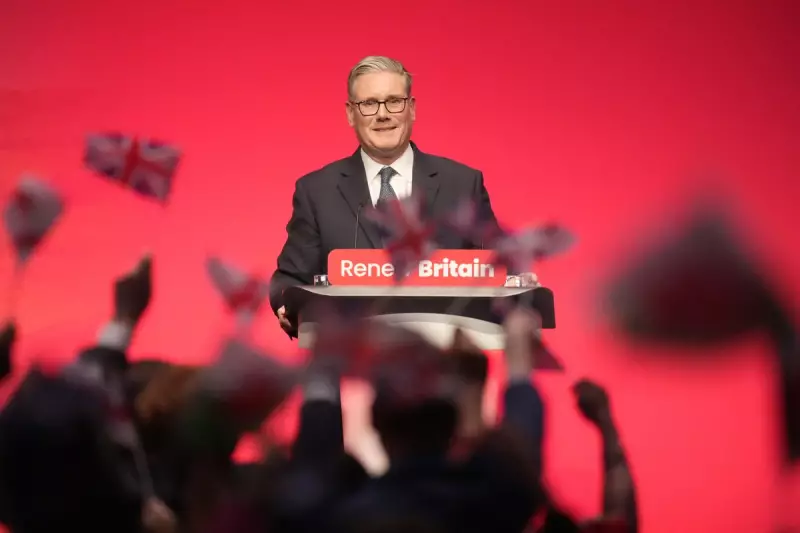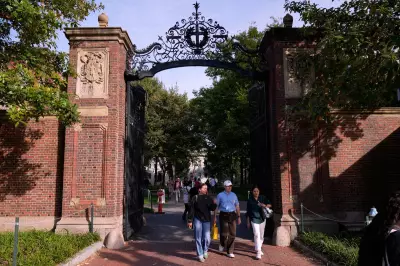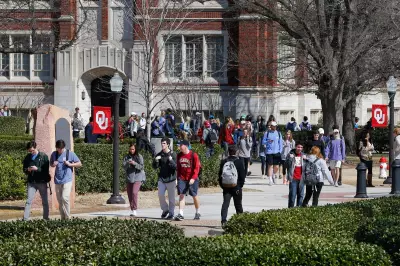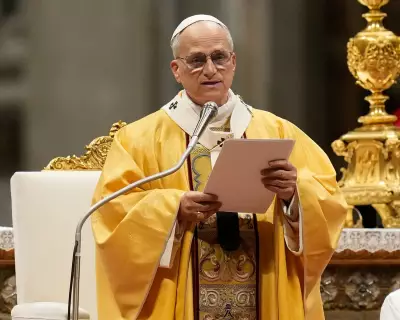
In a significant education policy announcement that echoes Tony Blair's famous 1999 target, Labour leader Sir Keir Starmer has committed to ensuring half of all young people pursue university education if his party wins the next general election.
The ambitious plan, unveiled during a major speech on Tuesday, represents a dramatic shift from the current government's approach and signals Labour's intention to place education at the heart of its economic strategy.
Returning to Blair's Education Vision
Sir Keir's announcement deliberately mirrors former Prime Minister Tony Blair's 1999 commitment to send 50% of young people to higher education - a target that was ultimately achieved and surpassed. The Labour leader framed this as essential for addressing Britain's chronic skills shortage and boosting economic productivity.
"This is not just about individual opportunity, but about our country's economic future," Starmer declared. "We cannot compete in the modern global economy with only a fraction of our potential talent developed to its fullest."
Addressing the Skills Crisis
The policy comes as Britain faces significant challenges in technical and professional skills across multiple sectors. Starmer argued that the current system fails both those who pursue academic routes and those who choose vocational training.
Key elements of the plan include:
- Creating new technical excellence universities
- Strengthening partnerships between universities and local employers
- Ensuring courses lead to genuine job opportunities
- Addressing regional disparities in educational access
Breaking Down Barriers to Access
Critics have questioned how Labour would fund such expansion and ensure quality isn't compromised. However, Starmer emphasised that this would be part of a broader reimagining of post-18 education, rather than simply pushing more young people through existing university models.
The Labour leader also addressed concerns about student debt, suggesting the current system requires fundamental reform to make higher education accessible to all talented students regardless of background.
Political Significance and Reception
This announcement positions education as a key battleground for the next election and represents a clear departure from Conservative education policy. By invoking Blair's legacy, Starmer connects his vision to one of Labour's most successful periods while addressing contemporary economic challenges.
The reception from education leaders has been mixed, with some welcoming the ambition while others question the practical implementation. University representatives have generally responded positively, though concerns about funding and resources remain unresolved.
As the political debate intensifies, Starmer's university expansion plan is likely to become a defining feature of Labour's offer to voters, representing both a return to traditional Labour values and a forward-looking economic strategy.





